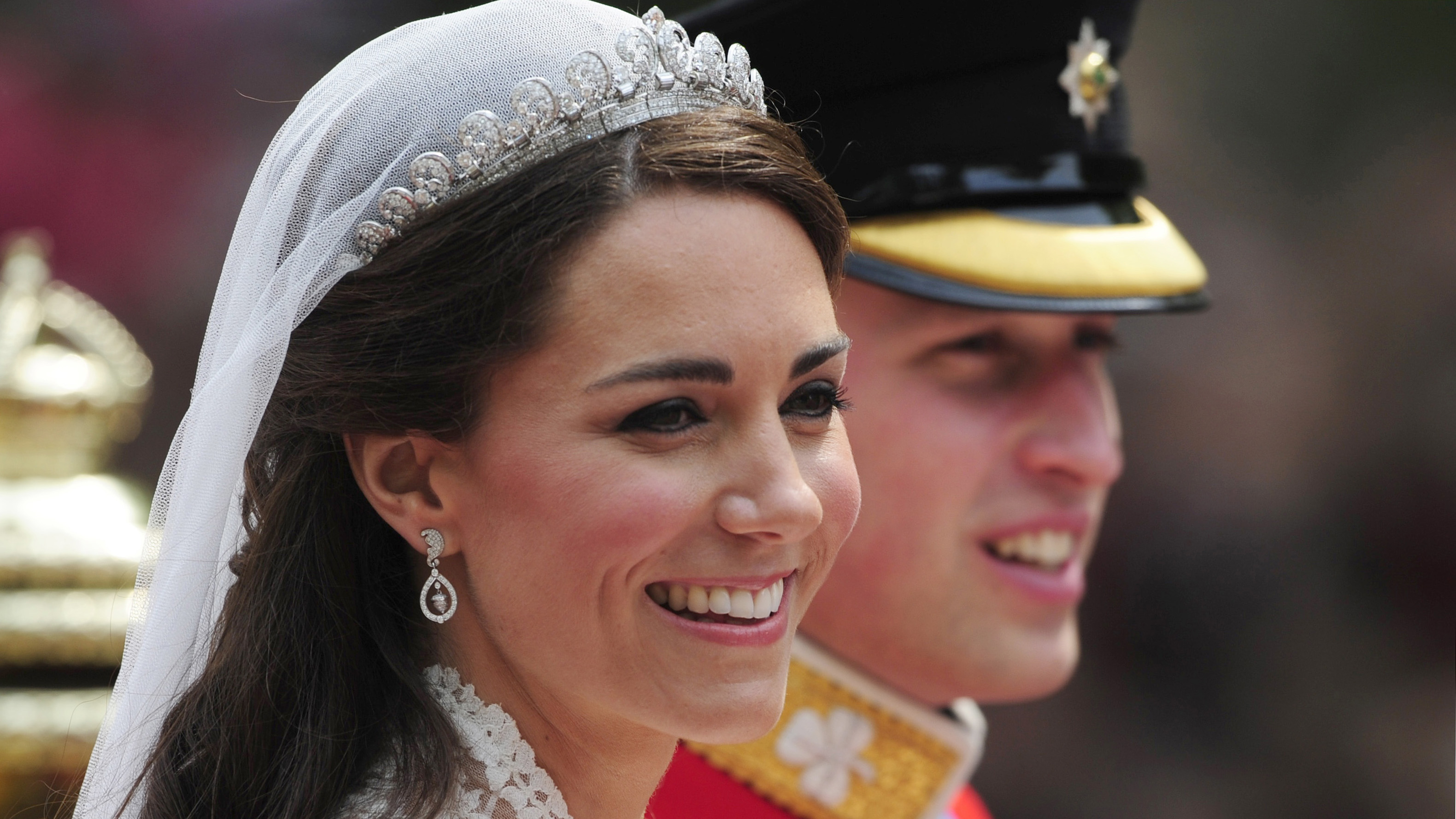Royal succession bill: rushed through parliament?
As parliament debates changes to the royal succession laws for the first time, royal historian Hugo Vickers warns the bill should not be rushed through like an “emergency operation”.

The Succession to the Crown Bill is being fast-tracked through parliament, having its second reading and committee stage all on the same day.
If it is passed, the legislation will end discrimination against female royals, so that males will no longer take precedence over them in the order of succession. That would mean the Duke and Duchess of Cambridge’s first child would become monarch if it is a girl, even if she has younger brothers later on.
Many constitutional experts and MPs have criticised how quickly the legislation is being put through the House of Commons. During the debate today, Conservative MP Jacob Rees-Mogg said: “It is all being done in a rush as if it is counter-terrorism legislation.” He added: “It is an insult to the nation… to our sovereign and indeed to parliament.”
However, Deputy Prime Minister Nick Clegg said in the Commons today that the current rules of succession to the throne belong to a “bygone era”.
“Today we don’t support laws which discriminate on either religious or gender grounds. They have no place in modern Britain and certainly not in our monarchy, an an institution central to our constitution, to the Commonwealth and to our national identity too,” he said.
It is all being done in a rush as if it is counter-terrorism legislation. Jacob Rees-Mogg MP
The legislation would also put an end to rules that currently bar the sovereign and prospective heirs from marrying a Catholic. However, royal historian Hugo Vickers told Channel 4 News that this has pitfalls for followers of the Catholic faith.
He said: “Under the new legislation, children could only succeed to the throne if they are in communion with the Church of England. However, this wouldn’t work if the children are brought up as Catholics.”
In the Commons today, Conservative MP Jacob Rees-Mogg proposed amendments to the bill that would allow a Catholic to become king or queen, but would then transfer the role of head of the Church of England to a regent.
Key points - The Succession to the Crown Bill
- It would end the system of male primogeniture under which a younger son displaces an elder daughter in the line of succession.
- It would remove the statutory provisions under which anyone who marries a Roman Catholic loses their place in the line of succession.
- It would repeal the Royal Marriages Act of 1772, which makes void the marriage of any descendant of George II who fails to obtain the monarch's permission prior to their marriage.
The Lords Constitution Committee is among the many voices that has criticised the speed at which the Commons has been asked to pass the Succession to the Crown Bill. It has warned that proper debate is needed to tease out potential problems that have been “overlooked or hidden”.
This is something people throughout history have fought and died over. Hugo Vickers, royal historian
Hugo Vickers told Channel 4 News it is only fair to consider the possibility of older females ascending to the monarchy over their younger brothers. However, he too has criticised the deputy prime minister, Nick Clegg, for trying to rush the bill through parliament.
He said: “This is something people throughout history have fought and died over so this bill shouldn’t be rushed through like an emergency operation.”
One of Hugo Vickers’s main concerns is what will happen in Commonwealth countries like New Zealand and Australia. He said it is not clear whether the legislation would be passed in the realms, just because it is passed in Britain. “It should be all, or nothing,” he told Channel 4 News.
On the other hand, Mr Vickers said it would be a good idea to make a decision on this legislation before the birth of the Duke and Duchess of Cambridge’s baby in July. “It wouldn’t be fair on the child if it was born into a world of uncertainty with politicians deciding on its fate.”
-
Latest news
-
Windrush scandal: returning to the UK after a forty year wait6m

-
Netanyahu ‘survival’ depends on ‘expanding war’ says head of Palestinian National Initiative5m

-
Proposed law change could strip parental rights from paedophiles5m

-
Hugh Grant settles privacy lawsuit against The Sun newspaper publisher2m

-
Post Office Scandal: what did top executive know?6m

-




